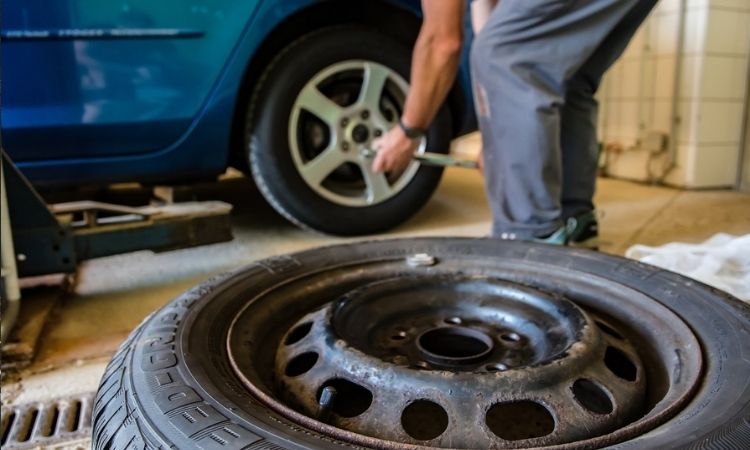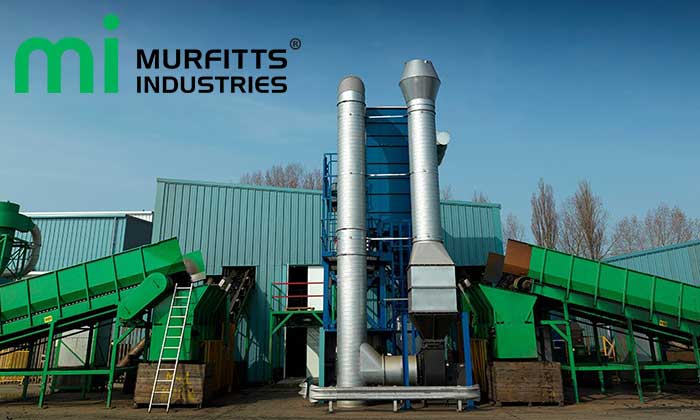ETRA issues statement regarding ban on crumb rubber infill
It its latest press release, the European Tyre Recycling Association (ETRA) stated that after 77 years of peace, humanity experiencing the tragedy of a war in Europe which is expected to be long, with all the tragic consequences connected to it: humanitarian, economic, environmental, political, etc. The cost of energy, which doubled already before the war, has now decupled posing serious concerns about energy availability and affordability and survival of many industries (Tyre Recyclers included) as well as families.
According to ETRA’s statement, while Recyclers who are mainly SMEs are wondering how to overcome the perfect storm announced for the autumn, and how to face above macro-issues, plus others that will come along, the EU Commission, supported by ECHA RAC’s opinion, which seems quite inaccurate on artificial turf, decided to face microplastics, focusing mainly on infill material, in order to reduce dispersion into the water of tiny fragments of polymers.
“Tyre Recyclers are already no longer able to granulate tyres owing to the price of electricity. Sports Associations wonder how the infill material can migrate from the pitch to water if there is no water. Farmers say that the little water available should be used to watering crops instead of natural grass.”
The Dossier Submitters in ECHA’s consultation estimated an average release of 500 kg per year from each of 32.000 full size pitches installed, making the total estimation of the annual release equal to 16.000 tons. This data is wrong and overestimated and we fully contest it. However, if it was true it would make more sense to introduce, now, mandatory risk management measures to limit the dispersion down to 50 kg or less and verifying the effectiveness, then apply the ban and the removal only for the fields that do not comply with the limits.
ETRA adds that the ban will come in force in 6 years, during which polymeric infill material will continue to be sold and pitches installed without containment measures, increasing the number of pitches which have the potential release of 500 kg per year, which, after 6 years will remain operational until their end of life, increasing the overall polluting impact, instead of reducing it.
ETRA challenges the decision to ban polymeric infill material and asks for it to be withdrawn as well as requiring economic support for tyre recycling companies to defend themselves from the speculations on energy cost and unsustainable prices.
In Europe 4.200.000 Tons of end-of-life tyres are produced annually and must be recycled in a sustainable way.
ETRA highlights that recycled SBR infill material made artificial turf more sustainable, cost effective and wide spread, contributing to sports diffusion and reducing social discomfort, especially among young people
Press release by ETRA.
Weibold is an international consulting company specializing exclusively in end-of-life tire recycling and pyrolysis. Since 1999, we have helped companies grow and build profitable businesses.









